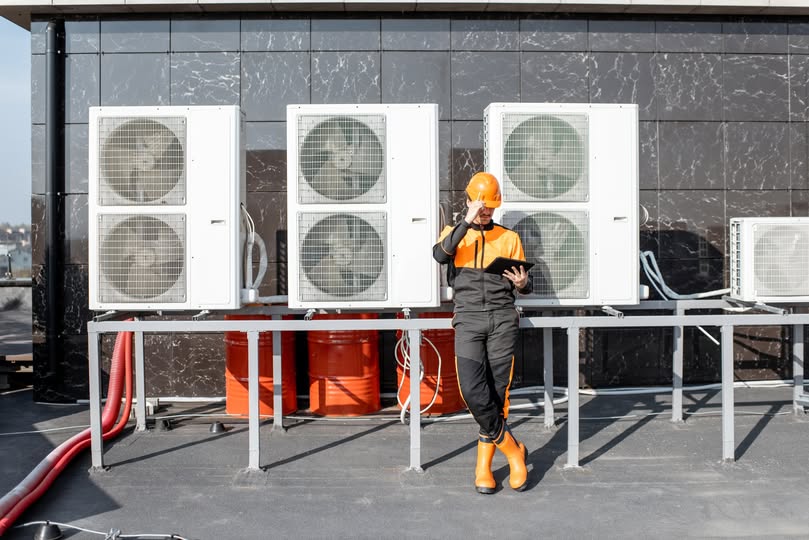Understanding SEER ratings is crucial when evaluating the efficiency of your air conditioning (AC) system. The professional and highly skilled team from A-Plus Quality is here to help with your HVAC needs. Here’s what you need to know about SEER ratings and their impact on AC efficiency:
What is SEER?: SEER stands for Seasonal Energy Efficiency Ratio. It measures the cooling output of an AC unit over a typical cooling season, divided by the total electric energy input during the same period. In simpler terms, SEER indicates how efficiently an AC unit operates.
Higher SEER, Greater Efficiency: The higher the SEER rating, the more energy-efficient the air conditioner. For example, a unit with a SEER rating of 20 is more efficient than one with a SEER rating of 14. Higher efficiency translates to lower energy consumption and reduced utility bills.
Minimum SEER Standards: The U.S. Department of Energy mandates minimum SEER ratings for new AC units. As of 2023, the minimum SEER rating is 14 in the northern states and 15 in the southern states. This ensures that even the least efficient units meet a baseline standard of energy efficiency.
Cost vs. Savings: While units with higher SEER ratings are more expensive upfront, they offer significant long-term savings through reduced energy bills. Investing in a higher SEER unit can be cost-effective over time, especially in regions with long, hot summers.
Environmental Impact: Efficient AC units with higher SEER ratings use less electricity, which reduces the demand on power plants and lowers greenhouse gas emissions. Choosing a high SEER unit is an environmentally friendly decision that contributes to sustainability.
Choosing the Right SEER: Consider your climate, usage patterns, and budget when selecting an AC unit. The team at A-Plus Quality can help you choose the right SEER rating for your needs, ensuring optimal performance and efficiency.
By understanding SEER ratings, you can make informed decisions about your AC system, maximizing efficiency and savings. For expert advice and installation, trust the team at A-Plus Quality.



